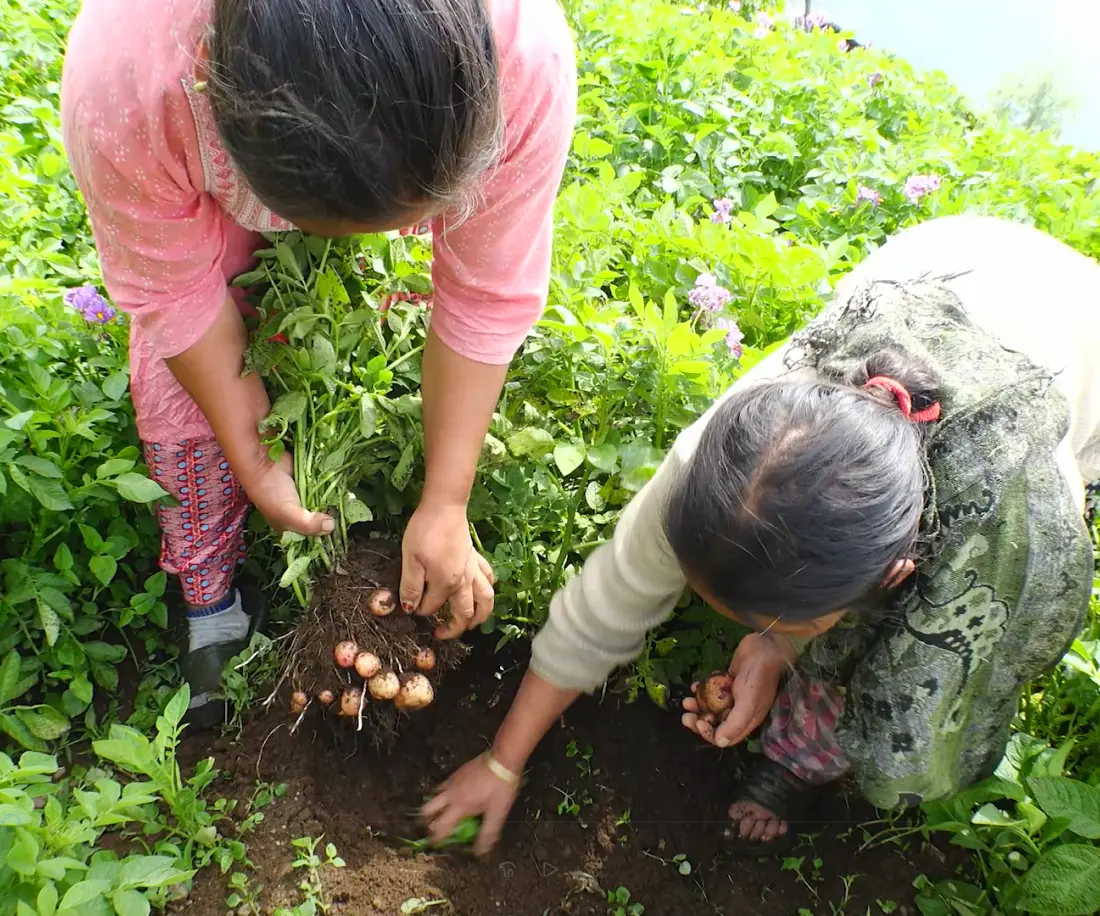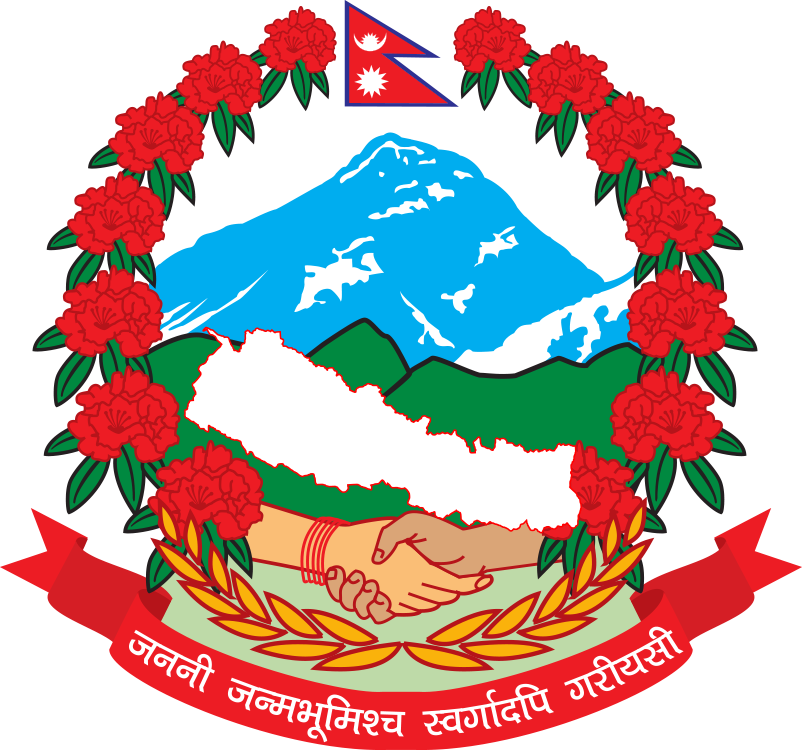


Investing in Nepal’s agricultural sector yields significant economic, social, and environmental benefits, advancing sustainable development and food security. The country's diverse geography supports various high-value crops, and 7% of arable land remains uncropped, presenting substantial opportunities for expansion. The Agricultural Development Strategy (ADS) emphasizes modernization and commercialization, driving growth in the sector. With abundant water resources and significant hydropower potential, Nepal is an ideal location for agribusiness expansion. Enhanced access to credit further supports sector growth, enabling farmers and businesses to invest in new technologies and practices. Additionally, the focus on sustainable practices ensures long-term productivity and environmental preservation, making Nepal a promising destination for agricultural investments and a key player in regional food security.
Compelling Investment Incentives for Nepal’s Agriculture
-
Fertile Ground: Diverse geography offers ideal conditions for high-value crops, with 7% of arable land uncropped.
-
Abundant Water: Freshwater availability of 6,734 m³/person/yr ensures reliable irrigation, far exceeding the global average.




Land availability
0
%
Of Total Land


Active population
0
%
Participation Rate
Abundance & access to quality water
6,734 m³
Per capita freshwater availability

Access to energy (electricity)
In Gigawatt hours
Access to Finance & Credits
Nepal has allocated USD 1.57 billion in concessional loans for 2022-23, with 67.8% directed towards commercial agriculture and livestock, alongside additional support through start-up funds and enterprise loans; mobile phone access has reached 86% of the general public.
Suitable production environment
Farmers are adopting sustainable and organic practices to protect soil and biodiversity, while also showing growing interest in advanced irrigation, biotechnology, and digitalization to enhance yields and resilience.
High Potential Returns to Farmers
Nepal's rich natural resources, including land, water, and biodiversity, support agriculture, ecotourism, and renewable energy, while its strategic location between India and China offers opportunities for trade, transit, and investment in manufacturing, logistics, and tourism.
Diverse Geography
Nepal's varied landscape supports a wide range of crops, from plains to mountains, enhancing agricultural diversity.
Organic Farming
Strong tradition of organic farming in hilly regions meets growing global demand for sustainable products.
Financial Inclusion
Government efforts improve access to credit, with $1.57 billion in concessional loans, 67.8% for agriculture.










